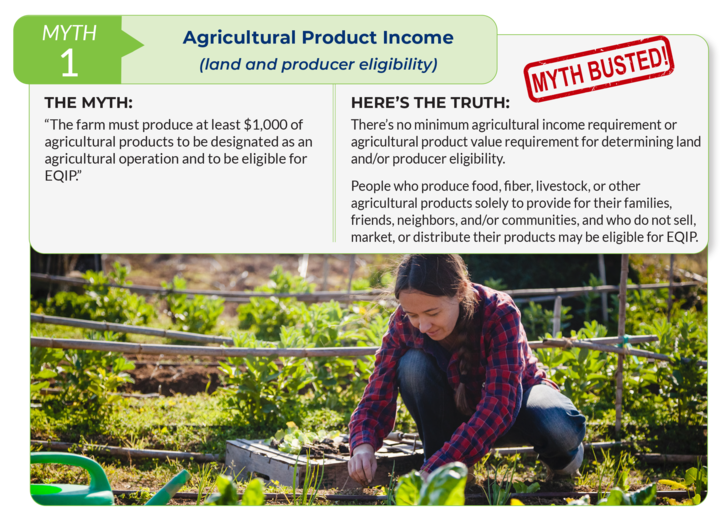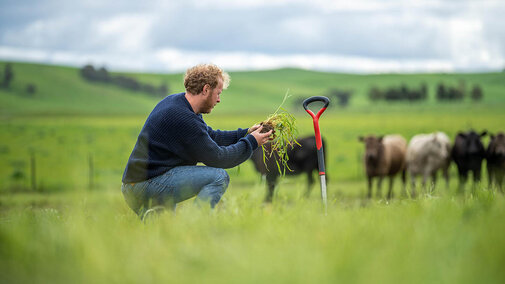Healthy soils are the foundation of thriving farms and resilient communities. Across Nebraska, producers have a unique opportunity to access expert guidance and valuable resources through the USDA Natural Resources Conservation Service (NRCS). Whether you operate a small family farm, grow specialty crops, or are just starting your agricultural journey, NRCS programs are designed to help you conserve resources, improve productivity and build a sustainable future for your land.
NRCS continues to offer its traditional programs to producers of all sizes and backgrounds —including small-scale and family-operated farms, specialty crop growers, and beginning farmers and ranchers. Through the Environmental Quality Incentives Program (EQIP) and the Conservation Stewardship Program (CSP), NRCS provides free technical assistance and, in many cases, financial support to implement conservation practices that improve soil health, water quality and overall farm sustainability.
New Resources: CSP MythBusters Fact Sheet
To clear up common misconceptions about program eligibility, NRCS recently released the new Myth Busters Fact Sheet for CSP. This timely resource helps producers understand how CSP can benefit their operations, especially during the growing season when addressing resource concerns is critical. Learn more about the Myth Busters and common misconceptions about CSP on farmers.gov.

Supporting Local Food and Urban Agriculture
With initiatives like the DIY Home Garden Campaign in Lincoln, recent ordinance changes in Lincoln and Omaha, and a nationwide push for healthier communities, there has never been a better time to focus on local food production and support for small farms. These conservation programs add another layer to the conversation about growing and buying food locally, supporting small businesses, and understanding the vital role of agriculture in Nebraska. If you are interested to know about farmers markets and local producers across Nebraska, check out our UNL Buy Fresh and Buy Local Magazine.
Learn More
The UNL Soil Health Team encourages all Nebraska producers to explore these valuable opportunities. For more information about NRCS programs or to connect with program staff, please contact Jami Thoene at (402)-239-6548 or Brach Johnson, NRCS urban conservationist, at (402) 239-6633. We are happy to answer questions or set up a meeting for a more in-depth conversation about your farm’s needs.

